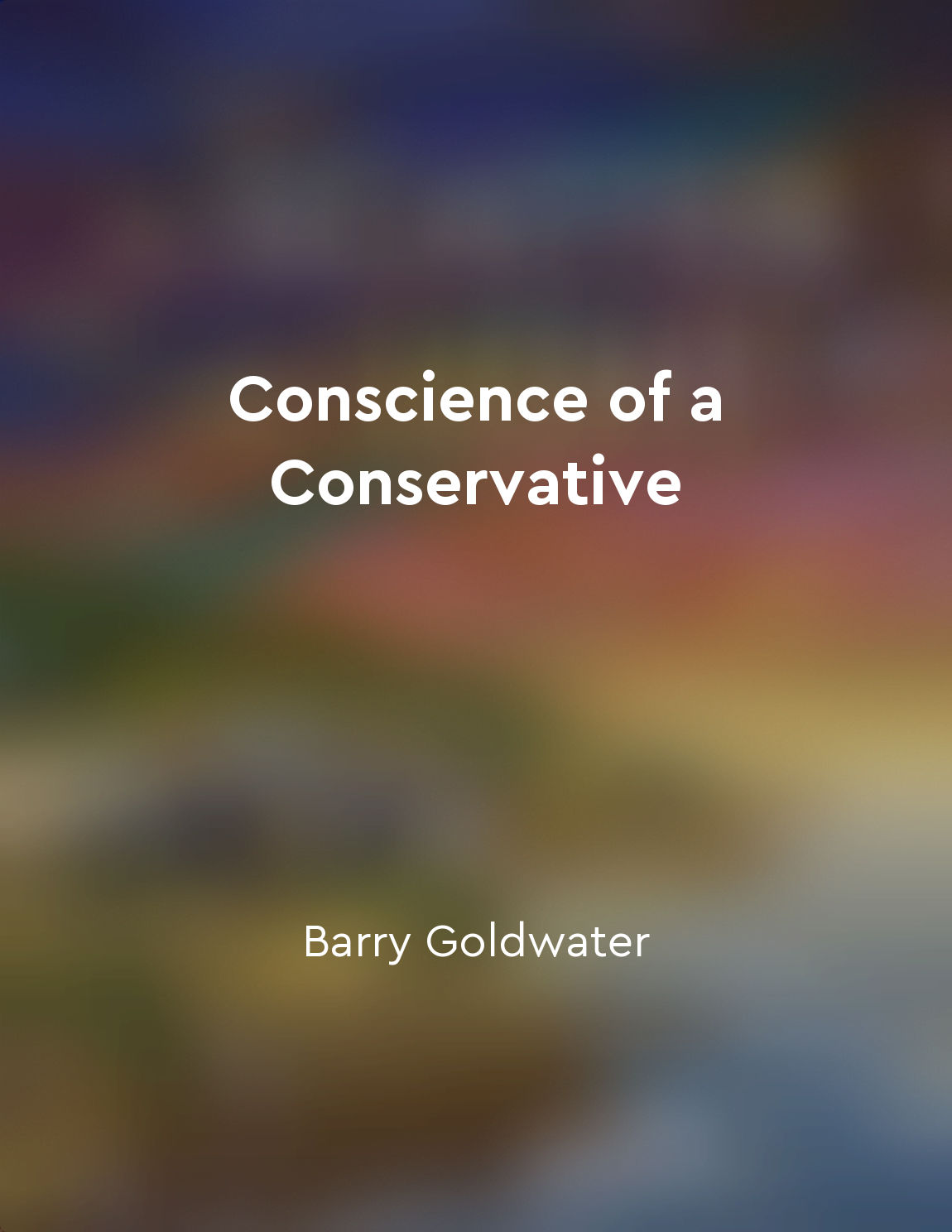Election Commission from "summary" of Indian Polity and Constitution Book by Mocktime Publication
The Election Commission is a constitutional body in India responsible for conducting free and fair elections in the country. It was established in 1950, under Article 324 of the Indian Constitution. The Election Commission consists of a Chief Election Commissioner and two Election Commissioners, appointed by the President of India. The Election Commission plays a crucial role in ensuring the democratic process in India. It is responsible for the conduct of elections to the Parliament, State Legislatures, and the offices of the President and Vice-President. The Commission also oversees the registration of political parties and the monitoring of election campaigns. One of the key functions of the Election Commission is to ensure a level playing field for all political parties and candidates. It monitors the election process to prevent malpractices such as booth capturing, voter intimidation, and bribery. The Commission also sets guidelines for the conduct of elections, including the code of conduct for political parties and candidates. The Election Commission is empowered to take action against any party or candidate found guilty of violating election laws. It can disqualify candidates, cancel elections in case of irregularities, and order re-polling in certain constituencies. The Commission also has the authority to supervise the election machinery at the state and district levels. In addition to its regulatory functions, the Election Commission also plays an advisory role. It provides guidance to political parties, candidates, and voters on electoral processes and procedures. The Commission also conducts voter education programs to promote awareness and participation in the electoral process.- The Election Commission is an essential institution for upholding the democratic values and principles of the Indian Constitution. It plays a crucial role in ensuring free and fair elections, and its impartiality and independence are vital for the credibility of the electoral process.
Similar Posts
Role of general knowledge in decisionmaking and problem-solving
General knowledge plays a crucial role in decision-making and problem-solving in various aspects of life. It provides individua...
India's foreign policy is guided by nonalignment and diplomacy
India's foreign policy has long been shaped by the principles of nonalignment and diplomacy. This approach, rooted in the count...

Prime Minister and Council of Ministers
The Prime Minister is the head of the Council of Ministers. He is appointed by the President and holds office as long as he enj...
Fundamental duties are obligations of citizens
Fundamental duties in the Constitution of India are not just mere suggestions, but they are binding obligations that every citi...
The Constitution provides for emergency powers
The Constitution of India grants the President the authority to declare three types of emergencies: national emergency, state e...

Individual initiative leads to success
Individual initiative is the spark that ignites the flame of success. It is the driving force behind progress and prosperity. W...

President of India
The President is the head of the state. The President of India is the ceremonial head of the state and the supreme commander of...
Supreme Court is the final interpreter of the Constitution
The Constitution of India is the supreme law of the land. It lays down the fundamental principles governing the functioning of ...
Promotion of intercaste dialogue and understanding
The promotion of intercaste dialogue and understanding is crucial for addressing the deep-rooted issues of discrimination and i...

